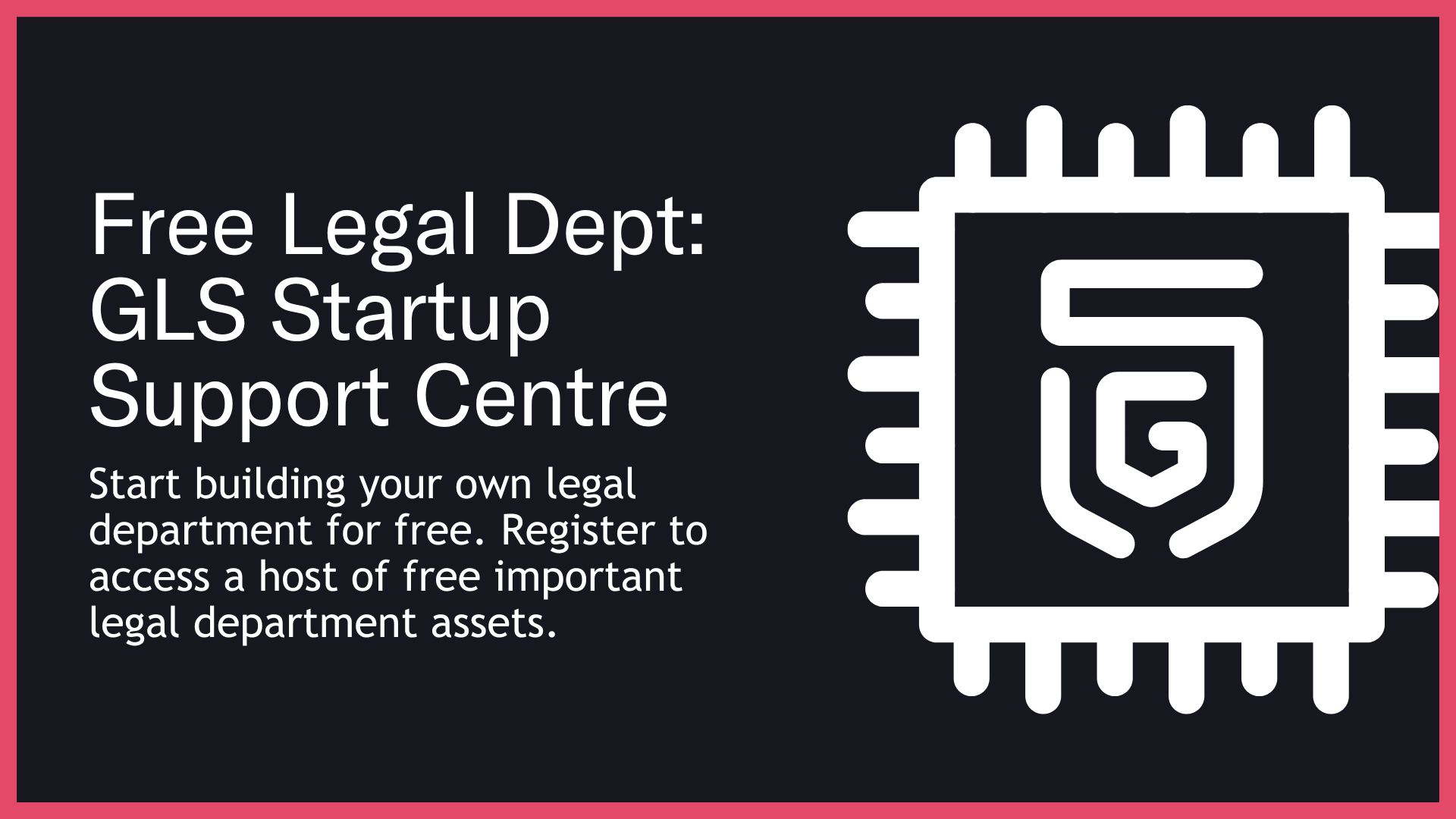GLS Legal Support Centre
Legal Made Easy For Startups
Back
Concept Ideation
Introduction
“Every empire starts as a daydream - but only those who define and refine the dream get to build it.” – Matt Glynn
The Concept Ideation phase is where it all begins - the messy, thrilling, and often chaotic process of shaping the raw business idea that could change your life. It’s the coffee-fueled brainstorming sessions, the scribbles on napkins, the moments of inspiration that strike in the shower.
But excitement without clarity is a trap. You can’t build a scalable, investable business on an idea that only makes sense in your head. At some point, your concept needs to answer two fundamental questions:
1. What need or want does this address?
2. Do people actually want it enough to pay for it?
This is the stage where you move from “lightbulb moment” to a well-defined value proposition that customers, investors, and co-founders can rally around. Done well, Concept Ideation sets the strategic, commercial, and brand direction for everything that follows. Done poorly, it creates years of wasted time, money, and opportunity.
Why Getting This Right Really Matters
The Concept Ideation stage is critical in the start-up journey because:
◼️Foundational Clarity – Defines your business before serious investment begins.
◼️Market Relevance – Ensures you’re solving a real problem or satisfying a genuine need.
◼️Investor Appeal – Makes your proposition easier to pitch and secure funding.
◼️Brand Direction – Shapes your messaging, tone, and long-term identity.
◼️Strategic Focus – Stops you from chasing every “shiny object” and diluting your efforts.
◼️Resource Efficiency – Reduces wasted time, money, and effort on non-viable ideas.
◼️Innovation Edge – Positions you to create something meaningfully different or better.
◼️IP Readiness – Highlights ideas worth protecting before going public.
Consequences of Not Addressing This Issue
Legal Implications
◼️IP Vulnerability – Without clarity, you may fail to secure protection for unique features.
◼️Ownership Disputes – Vague origin stories fuel costly “I thought of it first” lawsuits.
Founder Relationship Issues
◼️Vision Drift – Co-founders head in different directions without a fixed concept.
◼️Idea Fatigue – Endless brainstorming without commitment drains motivation.
Commercial Implications
◼️Weak Market Fit – Poorly defined ideas fail to attract paying customers.
◼️Brand Confusion – Unclear positioning leads to ineffective marketing and low engagement.
Operational Implications
◼️Misaligned Priorities – Resources wasted on features or directions outside the core idea.
◼️Execution Delays – Lack of a central vision slows down decision-making and product development.
What You Should Be Doing
1. Define the Core Need – Identify the exact problem or desire your concept addresses and summarise it in one clear sentence.
2. Test Early – Share with potential customers and trusted advisors; collect honest, actionable feedback.
3. Identify Differentiation – Clarify whether your idea is new, better, or disruptive, and how it beats competitors.
4. Sketch the Customer Journey – Map how people discover, engage, and purchase your offering, noting friction points.
5. Light-Touch IP Planning – If unique, start informal IP protection discussions and avoid premature disclosure.
6. Document the Vision – Capture your concept, its purpose, and success markers in writing.
The above are just a few of the steps you can consider taking. There are many more things that need to be done to ensure the associated risks are effectively and pragmatically dealt with.
How These Risks Can Play Out – Case Studies
Case Study 1: Starbucks – Coffee as Culture
In 1983, Howard Schultz was a marketing director for a small Seattle coffee bean retailer. On a trip to Milan, he experienced Italy’s espresso bar culture - the social ritual, the personal service, the sense of community. His pitch was simple but transformative: “Coffee as culture, not commodity.”
The owners didn’t share his vision, so Schultz left, opened his own café to prove the model, and eventually bought Starbucks. Today, Starbucks is a multi-billion-dollar brand with over 35,000 stores worldwide. Without a clearly defined concept, it might have remained a local coffee bean shop.
Case Study 2: Airbnb – From Rent Problem to Hospitality Revolution
In 2007, Brian Chesky and Joe Gebbia couldn’t pay their San Francisco rent. With hotels booked for a design conference, they offered guests an “Air Bed & Breakfast” - air mattresses, breakfast, and a local host experience.
This ultra-specific concept - “stay in someone’s home, live like a local” - was tested, refined, and scaled despite investor rejection and financial struggles. Today, Airbnb is valued at over $70 billion and has disrupted the global travel industry.
Case Study 3: Dyson – 5,127 Prototypes to Perfection
Frustrated with vacuum cleaners losing suction, James Dyson envisioned a bagless vacuum using cyclone technology. His concept was unwavering: “A vacuum that never loses suction.”
After 5,127 prototypes, repeated rejections, and launching first in Japan, Dyson finally broke into the UK market, redefining an entire category. Clarity and persistence turned an idea into a household name worth billions.
How GLS Can Help
GLS can help you take your Concept Ideation stage from vague idea to market-ready proposition. We offer:
◼️Business idea validation from a legal and commercial perspective
◼️Market entry risk assessment
◼️Founder alignment and contribution structuring
◼️IP protection strategies for early-stage ideas
◼️Drafting NDAs to safeguard confidential concepts
◼️Guidance on regulatory considerations for innovative models
◼️Early-stage funding readiness checks
◼️Brand and trademark registration advice
◼️Strategic planning for MVP development
◼️Access to specialist start-up legal support
Useful GLS Resources for StartUps
◼️GLS Start Up Centre: www.gls-startuplaw.com
◼️GLS Knowledge Hub: https://www.gls-startuplaw.com/blog
◼️GLS Support Plan: https://www.gls-startuplaw.com/plans
◼️GLS Legal On Call™: Free Trial
◼️Book A Consult: Free Consultation
◼️GLS Start Up Clinic: Join our next pro bono clinic

